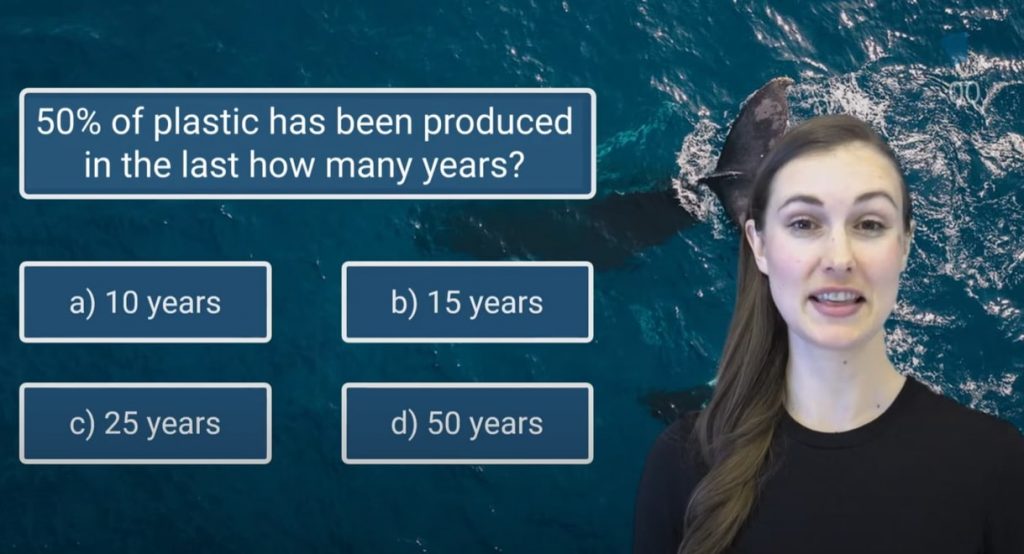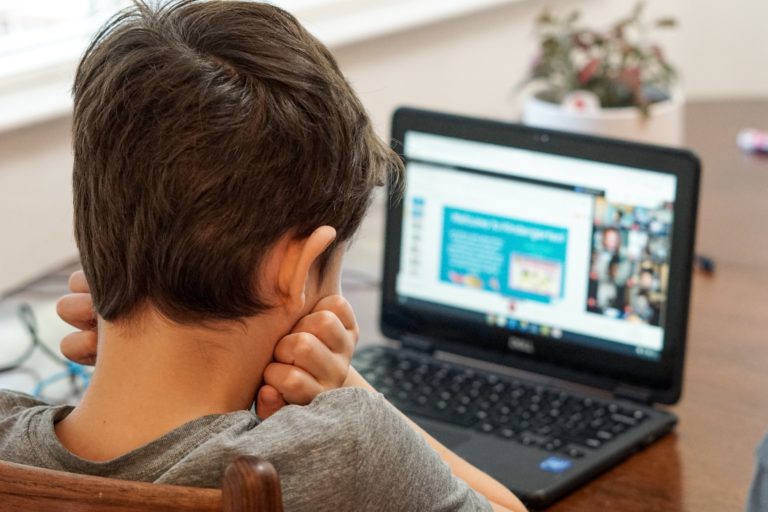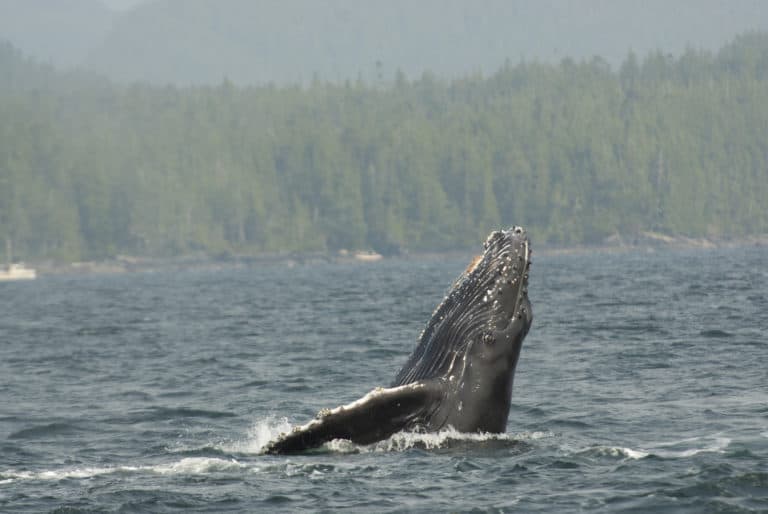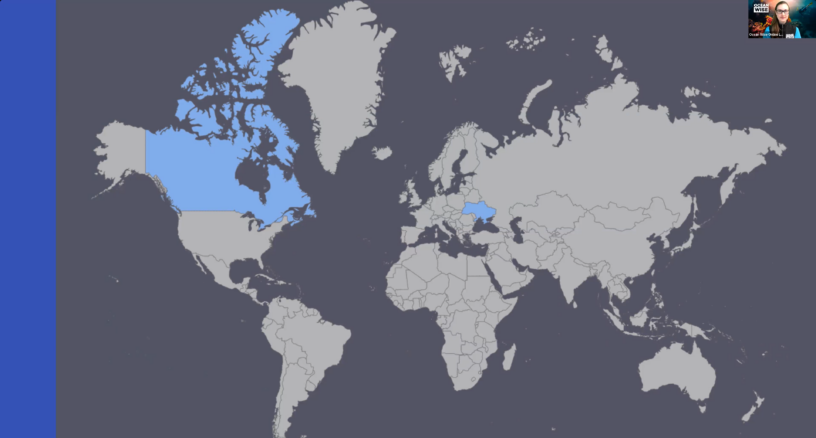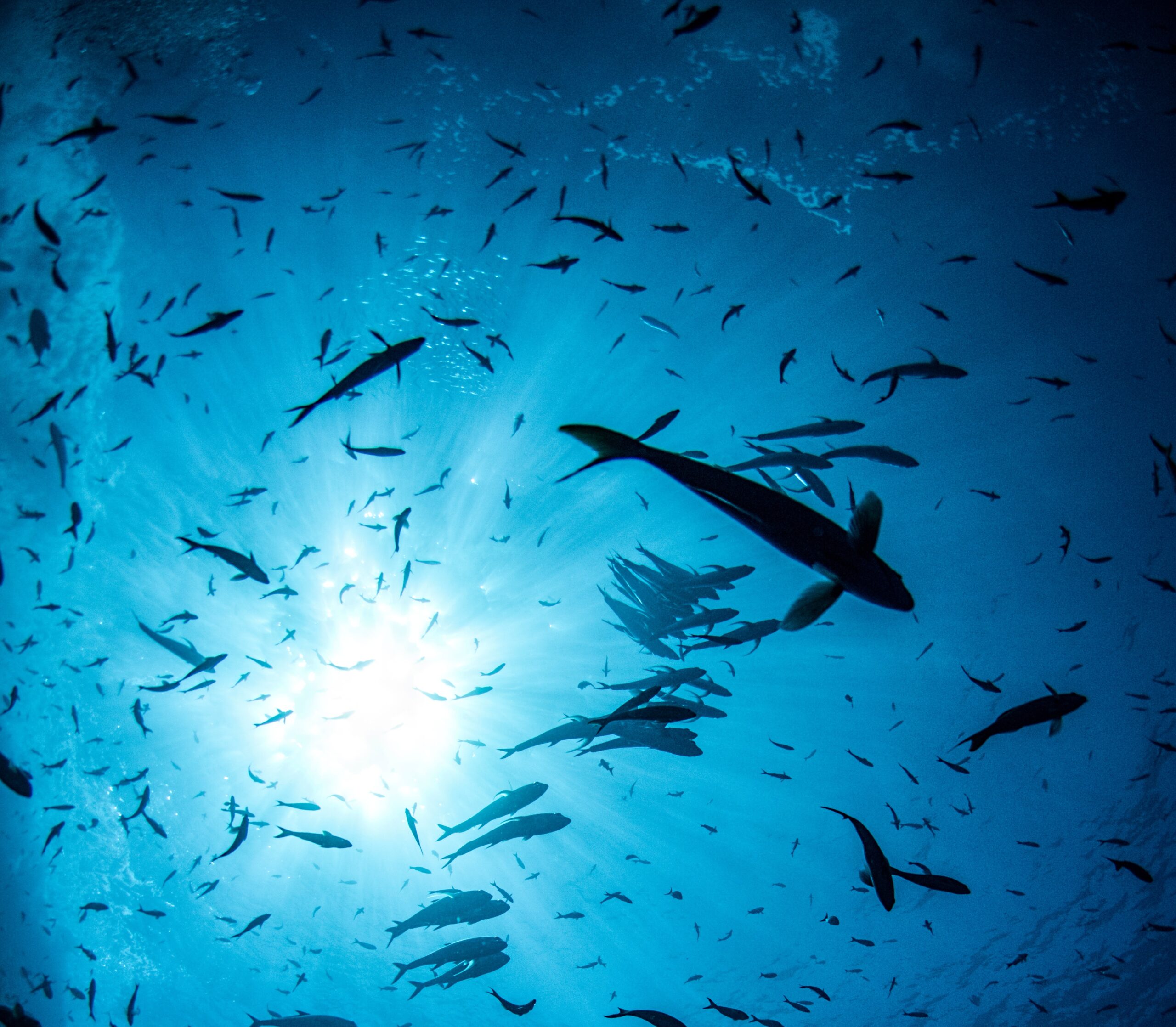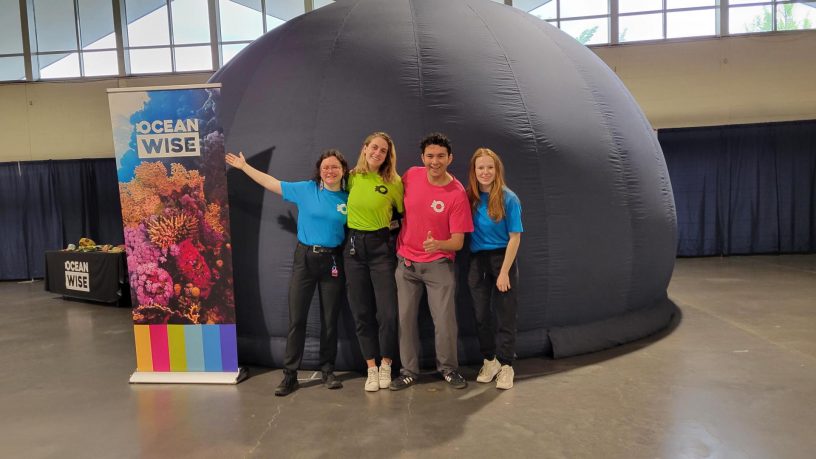Five Reasons Ocean Education Matters
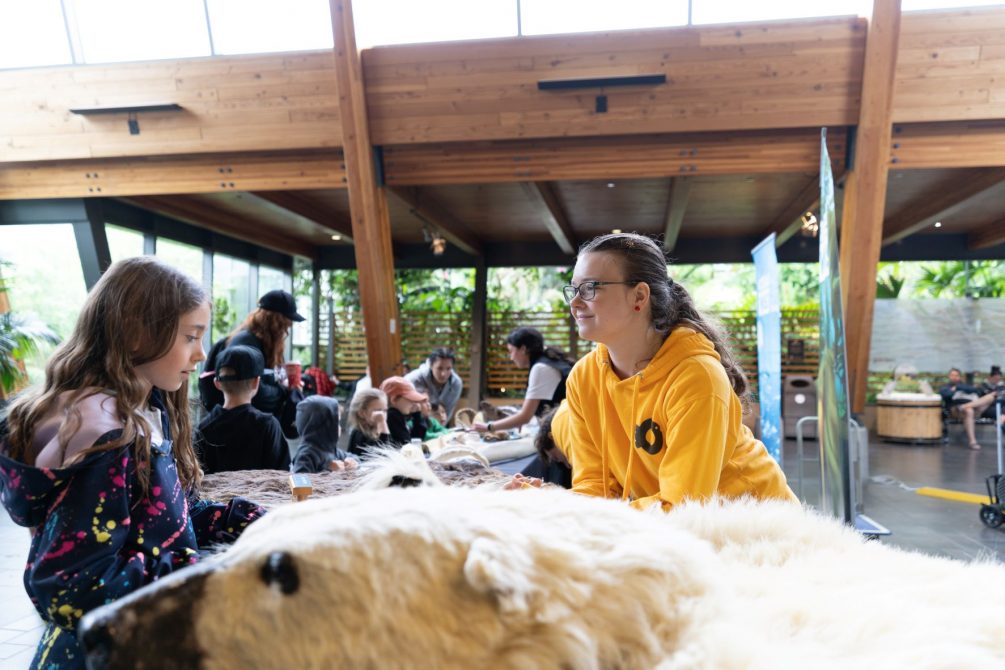
By Jasmine Peacock, Director of Education, Ocean Wise
When I was a little girl, the ocean was just this cold, salty place I’d visit every so often while on vacation. Raised in a culture that valued individual achievement over environmental care, I never thought much about the ocean, and neither did my family or close community. In grade six, my teacher signed our class up for a week-long education program at the Vancouver Aquarium. That week changed everything. I asked questions, connected with the ocean, and saw myself as part of its story for the first time.


I didn’t grow up with role models in marine conservation or even the vocabulary to talk about it in my household. But that single experience sparked a lifelong curiosity that led me to wonder, learn, and ultimately act for the ocean. That pivotal moment, set me on the path to becoming ocean literate and, eventually, Ocean Wise.
Today, as we celebrate the International Day of Education—a United Nations Day recognizing education as a human right, a public good, and a public responsibility—I reflect on the power of education to transform lives and connect us to something greater. After more than a decade of leading ocean education for children and youth—whether through hands-on learning in wet labs, traveling to classrooms and communities across Canada, developing engaging curriculums, or empowering young people to create community projects—one thing is clear: ocean education goes far deeper than the surface.
Read on for five reasons why ocean education matters:
1) Creates climate connections
The ocean covers over 70% of the Earth’s surface and plays a critical role in regulating the climate, producing oxygen, and supporting a vast array of life. Thanks to this, it provides a unique conduit to teach kids about bigger themes: the climate, the environment, the health of the earth, and ecosystems. Teaching kids about the ocean helps them grasp the interconnectedness of ecosystems and how humans depend on the ocean for resources like food, water, and oxygen.
And Canadians agree that this type of education is important. According to a national climate change education survey from Learning for a Sustainable Future, 64 per cent of respondents think the education system should be doing a lot more to education young people about climate change, but only 34 per cent of educators feel they have the knowledge and skills needed to teach climate change. Ocean education from organizations like Ocean Wise can help fill this gap.
2) Inspires love for the outdoors
Ocean education strengthens a connection to the outdoors, especially through hands-on activities like beach cleanups, tide pooling, or virtual explorations. Studies show that connecting with nature improves mental health and reduces stress – and can create a connection to lead into a lifelong appreciation for the environment and a deeper sense of place within the natural world. Not only do outdoor connections benefit kids – it also helps them develop empathy for creatures like sea turtles, whales, and coral reefs, inspiring them to protect these species.
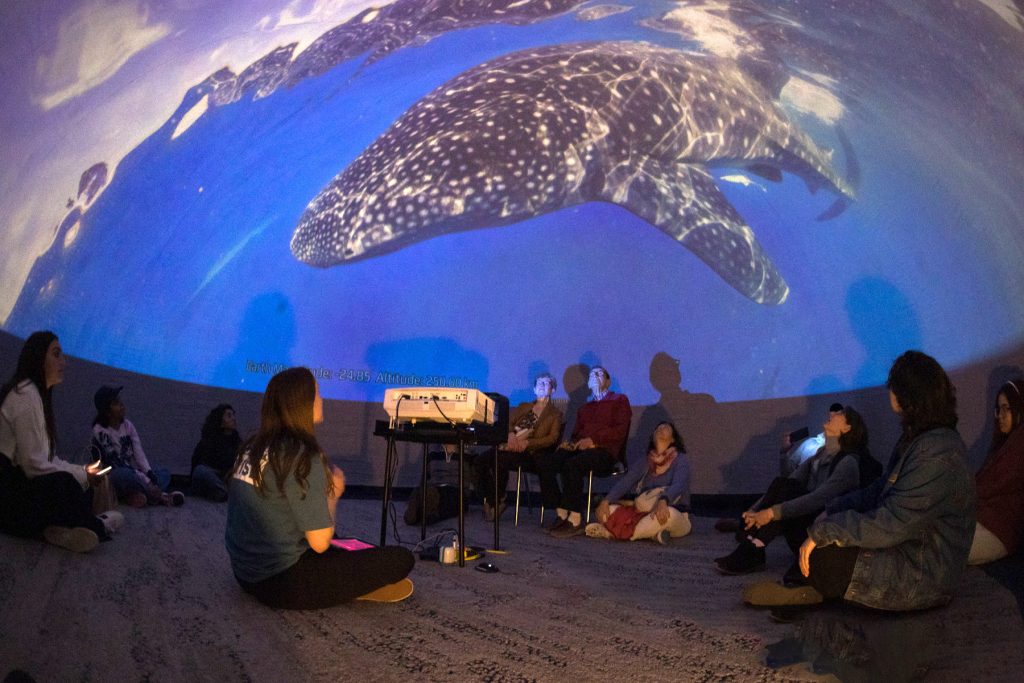
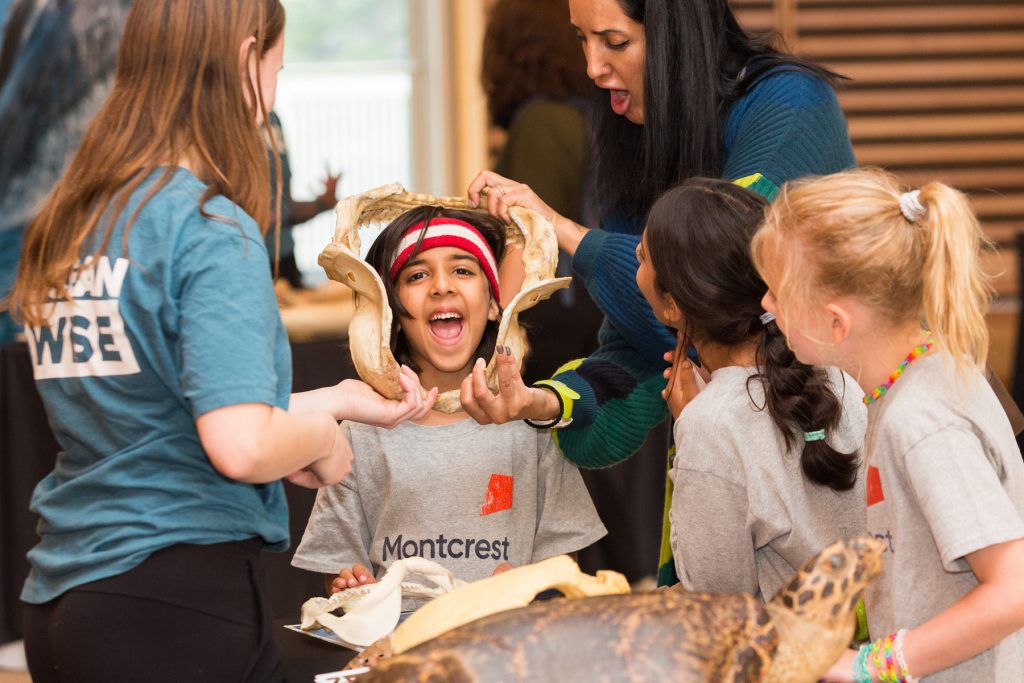
3) Builds future leaders and innovators
The ocean remains one of the least explored parts of our planet, full of mysteries and opportunities for discovery – making it an ideal conduit to spark curiosity and problem-solving for future leaders and innovators.
Ocean education encourages kids to ask questions, explore solutions, and maybe even consider careers in marine biology, conservation, or environmental science.
Ocean-related challenges like climate change, plastic pollution, and habitat destruction encourages kids to think critically about solutions. The ocean is full of fascinating creatures like octopuses, jellyfish, and bioluminescent plankton that encourage imaginative thinking and get kids excited to learn.
Kids can engage in hands-on activities, like designing cleanup strategies or imagining sustainable technologies. And while not every child will go on to pursue a career in STEM – these problem-solving skills are transferable.
4) Helps kids develop a global perspective
The ocean connects people and cultures across the world, highlighting the importance of international cooperation. Scaled to age group, ocean education can help kids understand global trade, weather systems, and ocean currents, to help young people understand just how interconnected our planet is. The ocean also offers opportunities to learn more about global challenges, like sea level rise, plastic pollution, and the loss of biodiversity. This knowledge prepares them to tackle these issues and become informed citizens who can make positive contributions to their communities.
5) Empowers community and ocean stewardship
When all these factors are combined, the result is engaged youth who care about the world around them – who care about their communities, the environment, and the ocean – and feel a sense of responsibility and interest in helping them flourish.
I’m proud that at Ocean Wise, we can provide learning opportunities for limited or free cost so that young people across Canada and the world can benefit from ocean education. The same chance I had as a little girl—to spark curiosity, build connection, and discover their role in protecting our ocean.
To learn more about our Education Programs, visit ocean.org/education or consider supporting our programs so they can remain low cost and accessible, at ocean.org/donate.
Posted January 24, 2025 by Rosemary Newton
